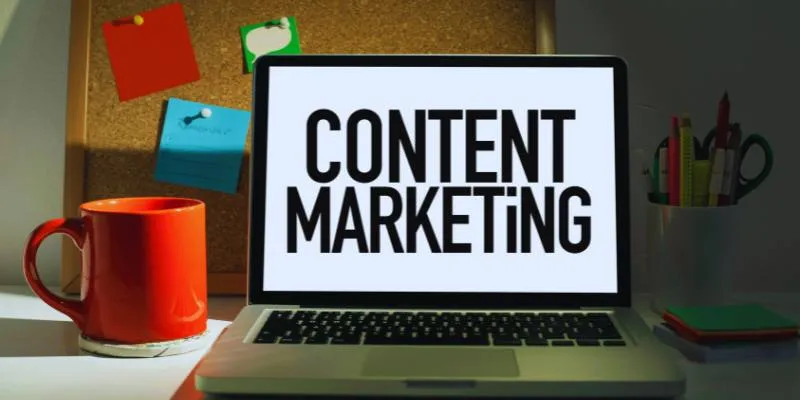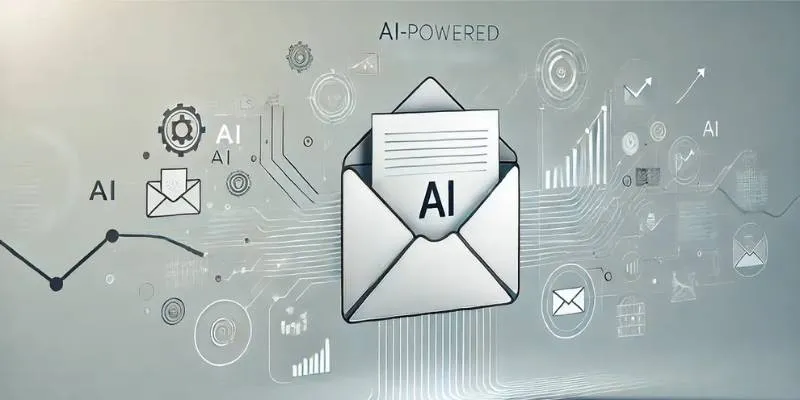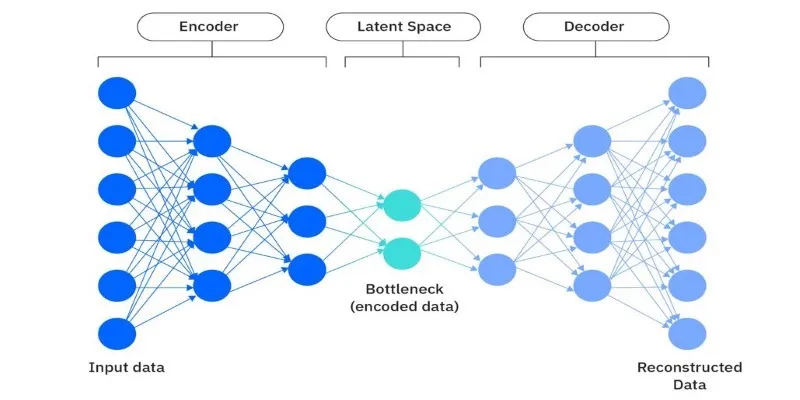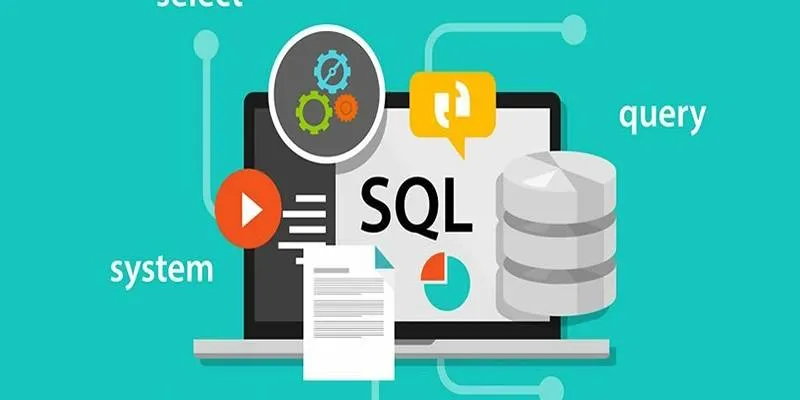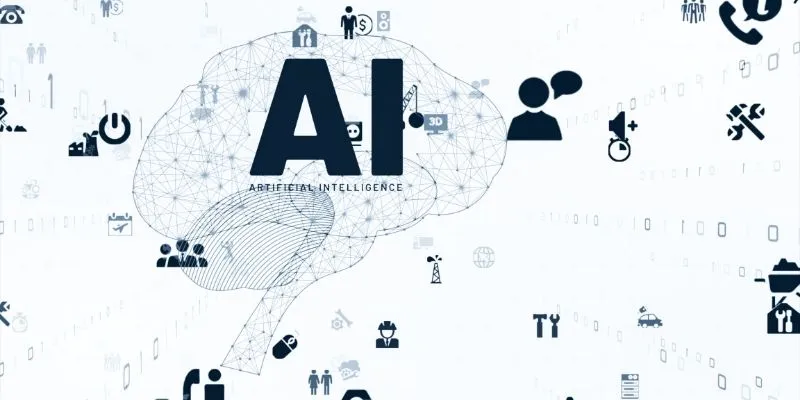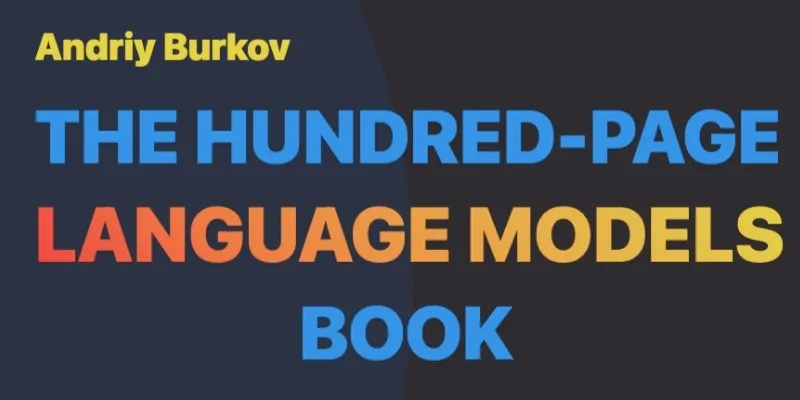AI is revolutionizing marketing by enabling organizations to connect with consumers more effectively and flourish in a competitive landscape. As competition intensifies, businesses not leveraging AI risk falling behind. Data-driven AI decisions are poised to lead the market. AI’s ability to analyze massive data volumes in real-time, automate mundane tasks, and enhance personalization is its core marketing advantage. This not only improves the customer experience but also drives sales growth. By helping businesses analyze and anticipate customer behavior, AI enables the creation of hyper- targeted marketing campaigns with optimal ROI and minimal resource usage.

Personalizing Customer Experiences with AI
One of the most effective uses of AI in marketing is personalization. Traditional marketing approaches segment individuals by demographics or location; however, AI takes personalization further by analyzing consumer behavior, preferences, and real-time interactions. Companies like Amazon and Netflix use AI-driven recommendation systems to offer users personalized content, product suggestions, and ads based on their preferences. This highly tailored approach enhances consumer engagement, as customers are more likely to interact with content that aligns with their tastes.
With AI, brands can create content tailored to individual customers. AI algorithms can update website content in real-time based on user behavior. For instance, returning customers searching for running shoes on an online store may see related products, special promotions, and informative articles about running gear curated by AI.
Email marketing also benefits from AI, which helps generate subject lines and messages tailored to each recipient’s previous searches and purchases. This level of personalization enhances customer satisfaction, increasing engagement and conversion rates, ultimately boosting company profits. As AI technology evolves, consumers will increasingly expect personalized experiences from businesses.
AI Chatbots for Enhanced Customer Engagement
Customer service is a cornerstone of marketing, and AI-powered chatbots have transformed how organizations communicate. These chatbots can provide instant responses, manage multiple queries, and offer 24/7 assistance. Unlike human agents, AI chatbots can process vast amounts of data to deliver relevant and accurate responses based on previous customer interactions, ensuring a seamless experience.
Intelligent bots reduce wait times and minimize human error, leading to smoother and more reliable customer service operations. AI chatbots continuously improve, understanding and responding to natural language with increasing sophistication, similar to human interaction. AI applications are crucial for lead generation and conversion, as businesses can deploy chatbots on websites, social media, and communication apps to assist customers in making purchases. AI-powered tools can answer inquiries, recommend products, and close sales.
Chatbots can also cross-sell or up-sell by analyzing customer preferences and suggesting complementary products. This technology streamlines customer experiences, helping businesses generate leads without constant human intervention. Properly utilized AI chatbots increase customer satisfaction and enhance corporate efficiency by alleviating the workload of human support teams. As AI communication technologies advance, customer interactions will become even more engaging.
AI-Powered Content Creation and Optimization
Content marketing remains a vital strategy for digital marketers, and AI is transforming how organizations create, distribute, and enhance content. AI- powered tools like ChatGPT, Jasper, and Text.ai can quickly generate blog articles, social media posts, email subject lines, and ad copy. These technologies use content trends, search engine data, and audience preferences to produce engaging, informative, and targeted content. AI-generated content saves time and ensures consistent brand messaging, helping businesses maintain a robust online presence.
Beyond content creation, AI enhances search engine optimization (SEO) and reader engagement. AI-powered SEO tools analyze keywords, suggest themes, and recommend adjustments to improve search engine rankings. Tools like Clearscope and SurferSEO examine competitor content and offer improvement suggestions. Additionally, AI improves A/B testing by automatically refining content strategies based on performance data to boost engagement.
AI can also analyze user emotions and interactions with content to determine what resonates. This data-driven approach ensures high-quality content that captivates audiences and drives sales. As AI continues to advance, marketers can expect more efficient and effective content strategies.
Boosting Email Marketing with AI
Email marketing excels when emails are targeted and personalized. AI optimizes subject lines and sends timings in email campaigns, ensuring promotions reach the right audience at the right time. Platforms like Mailchimp and HubSpot use machine learning algorithms to analyze user behavior and determine optimal email send times to increase open and click rates. These AI-driven insights can significantly enhance email marketing, boosting engagement and revenue.
Email marketing personalization is also enhanced with AI. AI-driven automation enables businesses to send individualized emails rather than generic mass mailings. AI can generate relevant email content based on a user’s past purchases, browsing history, and email interactions.
AI can segment audiences by interests and offer targeted product recommendations and deals. Additionally, AI can update email content based on real-time factors like location, weather, and trending products. As AI continues to advance in email marketing, companies can expect higher response rates and ROI.

Making Better Decisions with Predictive Analytics
Predictive analytics is a powerful application of AI in marketing. By analyzing historical data and human behavior patterns, AI can forecast future trends, aiding businesses in making informed decisions. Predictive analytics allows marketers to anticipate customer preferences, identify optimal pricing strategies, and optimize marketing efforts. For instance, Netflix uses AI- driven predictive analytics to suggest content based on users’ viewing history, keeping audiences engaged with relevant recommendations. These insights help businesses anticipate market changes and adapt their strategies accordingly.
Predictive analytics also enhances budgeting and advertising strategies for businesses. AI-powered real-time tracking tools evaluate campaign performance, identifying the most profitable channels and messaging. If AI predicts that a specific ad will perform better with a particular demographic, companies can allocate more resources to that campaign and reduce spending on less effective ones.
AI can also predict customer churn and offer solutions to retain them. By leveraging predictive analytics, brands can stay ahead of the competition by making data-driven decisions. In today’s fast-paced digital environment, businesses gain a competitive edge by anticipating and responding to customer behavior in real-time.
Conclusion
AI has become a powerful tool for organizations of all sizes. Implementing chatbots, personalized content, predictive analytics, automated email campaigns, and AI-powered ad targeting can enhance operations, customer engagement, and outcomes. Start small, explore various AI tools, and expand your capabilities as you become more comfortable. In an increasingly digital world, adopting AI technology today will keep your marketing strategy ahead of the curve and ensure long-term success.
 zfn9
zfn9
